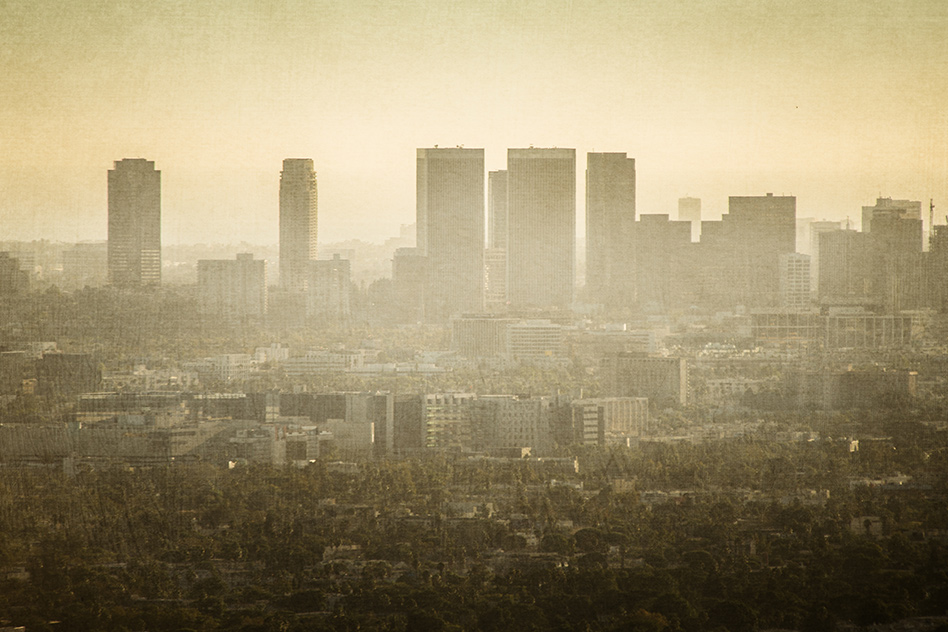Scientists led by Germany’s Helmholtz-Institut Erlangen-Nürnberg for Renewable Energies, have noted a dramatic reduction in air pollution in Delhi. The fall observed – which corresponded with the imposition of lockdown conditions from March 24 as part of India’s response to the Covid-19 pandemic – increased the amount of sunlight reaching solar panels in the Indian capital.
The results are part of a wider study measuring the impact of air pollution on PV performance in Delhi. The project had previously found fine particulate matter was responsible for a reduction in energy yield from PV panels of around 12% in the city.
The longer-term nature of the data enabled the researchers to establish the date the Covid lockdown was introduced this year in India ushered in an 8% or so rise in solar irradiation at noon, from 880 W/m² to 950 W/m² from late March, compared to the same dates in the years 2017-19. Corresponding data on air quality for the period studied suggest a reduction in pollution levels was a major cause for the sudden rise in solar irradiation. Details of the study have been published in the paper The impact of Covid-19 related Measures on the Solar Resource in Areas with High Levels of Air Pollution, in Joule.
“India enacted a drastic and sudden lockdown at the start of the pandemic,” said the paper's lead author Ian Marius Peters. “That means that reductions in air pollution happened very suddenly, making them easier to detect. The increase [in solar irradiation] that we saw is equivalent to the difference between what a PV installation in Houston would produce compared with one in Toronto. I expected to see some difference but I was surprised by how clearly the effect was visible.”
Peters added: “We’ve gotten a glimpse of what a world with better air looks like and see that there may be an opportunity to ‘flatten the climate curve’. Going forward, having more PV installations could help drive a positive feedback loop that will result in clearer and cleaner skies.”
This content is protected by copyright and may not be reused. If you want to cooperate with us and would like to reuse some of our content, please contact: editors@pv-magazine.com.




0 comments
By submitting this form you agree to pv magazine using your data for the purposes of publishing your comment.
Your personal data will only be disclosed or otherwise transmitted to third parties for the purposes of spam filtering or if this is necessary for technical maintenance of the website. Any other transfer to third parties will not take place unless this is justified on the basis of applicable data protection regulations or if pv magazine is legally obliged to do so.
You may revoke this consent at any time with effect for the future, in which case your personal data will be deleted immediately. Otherwise, your data will be deleted if pv magazine has processed your request or the purpose of data storage is fulfilled.
Further information on data privacy can be found in our Data Protection Policy.